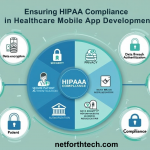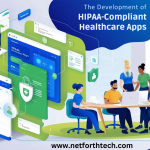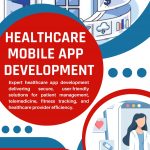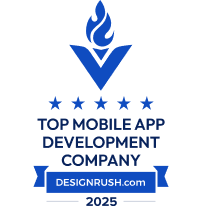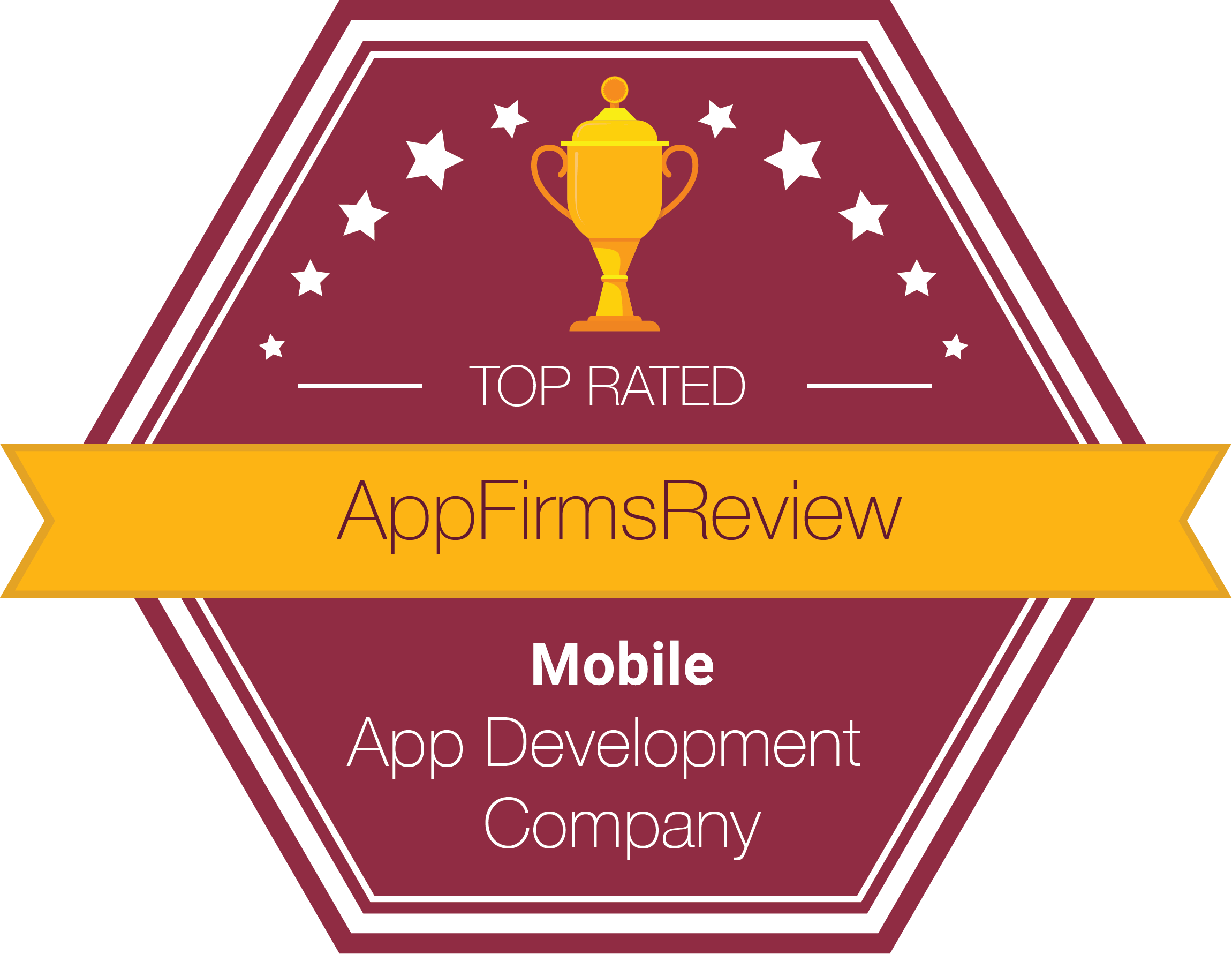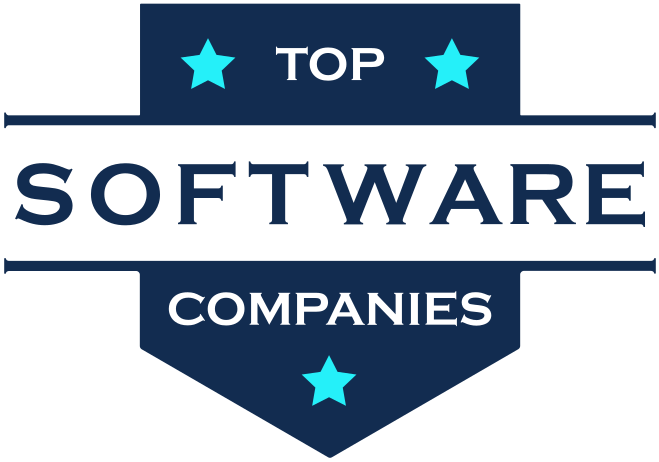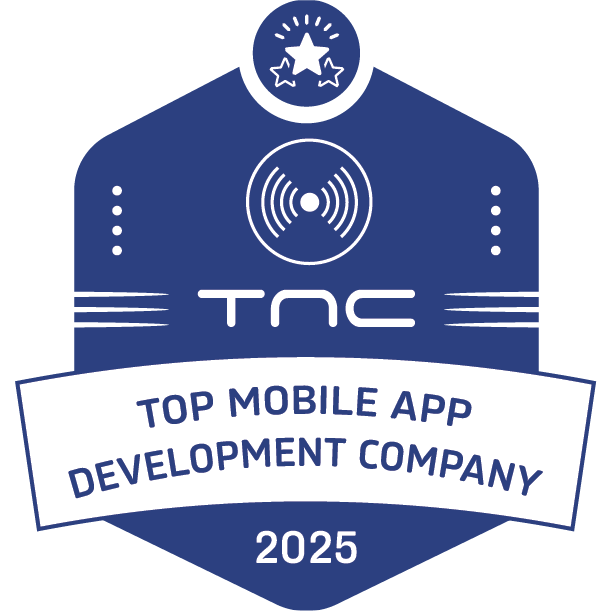The demand for robust and intuitive healthcare mobile app development has skyrocketed in recent years. With the digital transformation of the healthcare sector, providers are constantly exploring new ways to deliver efficient, patient-centered care. One crucial decision during the development process is choosing between cross-platform and native app development.
Both approaches have their advantages and limitations, especially when it comes to creating healthcare applications that require security, reliability, and top-tier performance. In this blog post, we’ll break down the key differences between cross-platform and native development, analyze their suitability for healthcare mobile app development, and help you decide which route is best for your organization.
Why Healthcare Mobile App Development Matters
Before diving into the technical comparison, it’s important to understand the significance of mobile apps in healthcare. From telemedicine platforms and electronic health records (EHRs) to wellness trackers and appointment scheduling systems, mobile apps are reshaping how healthcare services are delivered.
Some of the key benefits of healthcare mobile app development include:
- Improved patient engagement and accessibility
- Real-time communication between patients and providers
- Streamlined administrative workflows
- Enhanced data collection and analysis
- Remote monitoring and care for chronic conditions
As these apps handle sensitive personal health information and directly impact patient outcomes, the development approach must ensure compliance, performance, and scalability.
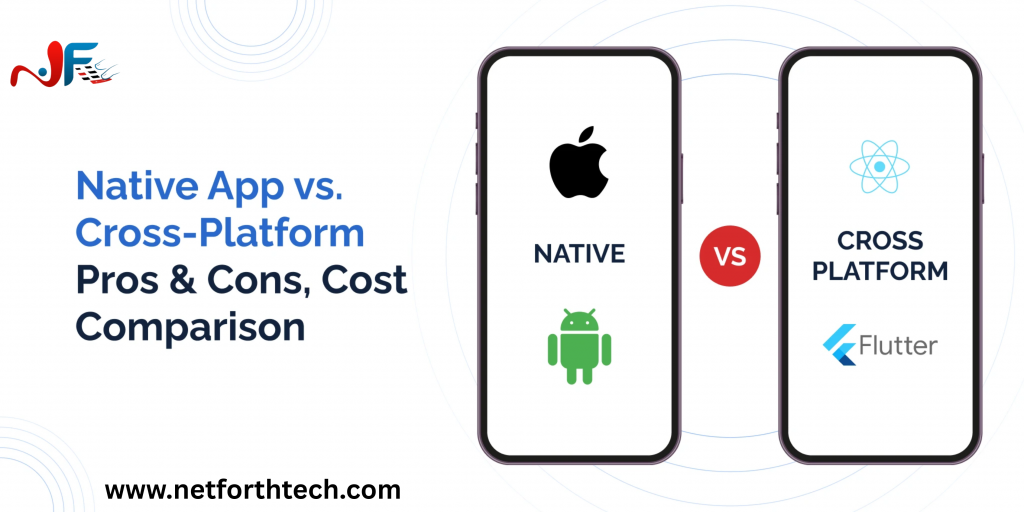
Understanding Native App Development
Native app development refers to building apps specifically for a single platform — either iOS or Android — using platform-specific programming languages. For instance:
- iOS apps are developed using Swift or Objective-C
- Android apps are built using Kotlin or Java
Advantages of Native Development in Healthcare
- Superior Performance Native apps interact directly with device hardware and OS, ensuring high performance — crucial for healthcare apps where speed and responsiveness can impact critical decisions.
- Better User Experience Native apps follow platform-specific UI/UX guidelines, resulting in a more intuitive and polished user experience for patients and healthcare professionals alike.
- Enhanced Security Security is non-negotiable in healthcare. Native apps can integrate more deeply with built-in security features of the platform, such as biometric authentication, secure storage, and encrypted communication.
- Offline Functionality Many healthcare apps require offline access (e.g., for emergency medical personnel). Native development supports more robust offline functionality compared to cross-platform options.
- Access to Full Device Features Native development enables full access to device-specific features like Bluetooth (for wearables), cameras (for telehealth), and sensors — essential for connected healthcare solutions.
Disadvantages of Native Development
- Higher Cost Developing separate apps for iOS and Android means higher initial costs and maintenance expenses.
- Longer Time-to-Market Building two codebases can slow down the development and testing process.
- Resource Intensive Requires specialized developers for each platform.
Understanding Cross-Platform App Development
Cross-platform development allows developers to build a single application that runs on both iOS and Android using one codebase. Popular frameworks include:
- Flutter (by Google)
- React Native (by Meta)
- Xamarin (by Microsoft)
Advantages of Cross-Platform Development in Healthcare
- Faster Development With one codebase for both platforms, development time is significantly reduced, leading to quicker deployment.
- Cost-Effective Hiring one development team to manage both platforms lowers development and maintenance costs.
- Unified User Experience While not fully native, modern frameworks like Flutter allow for a near-native look and feel across devices.
- Ease of Maintenance Bug fixes and updates are easier and faster since they are implemented once across platforms.
- Scalability Cross-platform apps are easier to scale across devices and platforms, which is advantageous for healthcare startups and organizations looking to test MVPs quickly.
Disadvantages of Cross-Platform Development
- Performance Trade-offs Cross-platform apps might not perform as smoothly as native ones, especially when dealing with real-time data, heavy graphics, or advanced hardware interactions.
- Limited Access to Native APIs Accessing complex device features may require writing native modules, increasing development complexity.
- Security Concerns While major frameworks offer security tools, native apps still have an edge in implementing platform-specific security protocols — a vital consideration in HIPAA-compliant healthcare apps.
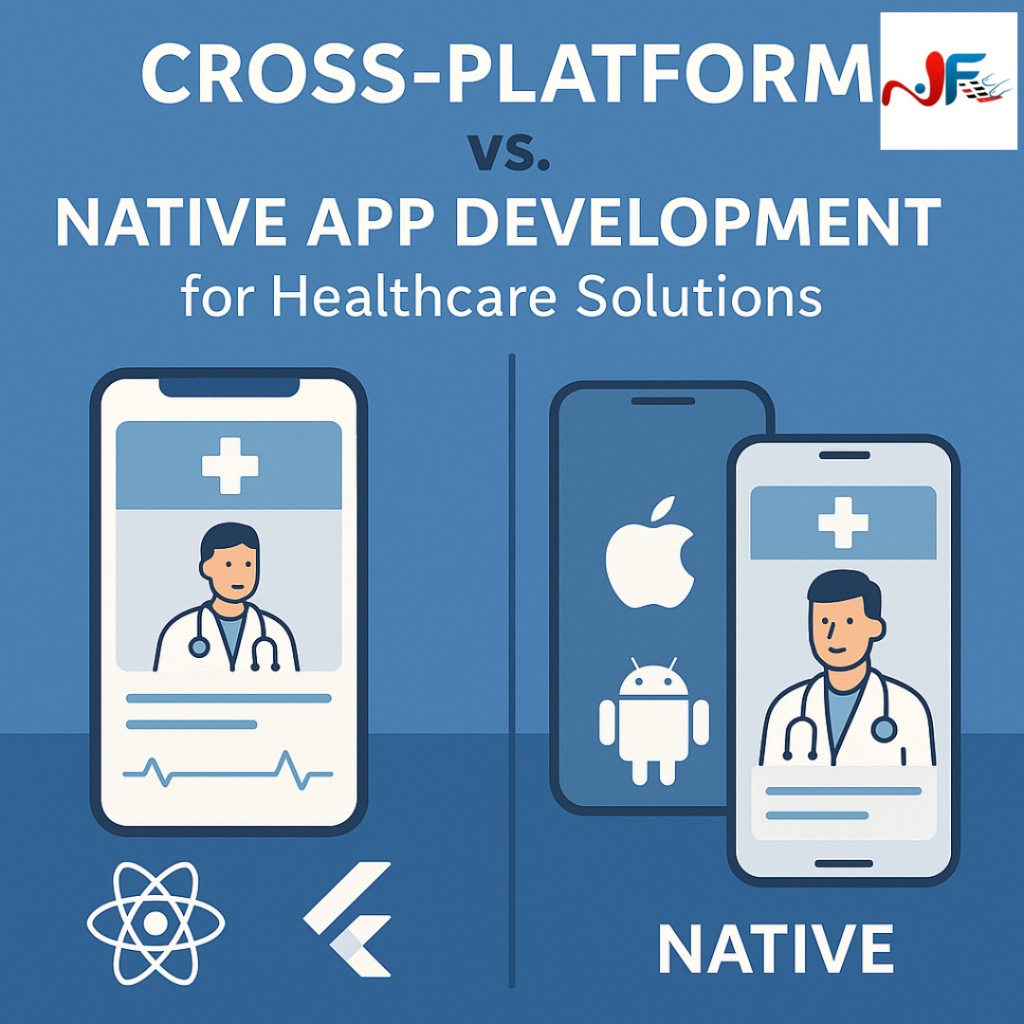
Comparing Native vs. Cross-Platform: Which is Better for Healthcare?
| Feature | Native Development | Cross-Platform Development |
|---|---|---|
| Performance | Excellent | Moderate to Good |
| User Experience | Platform-optimized | Near-native |
| Security | Robust platform-level security | Good but may require native modules |
| Development Cost | High | Lower |
| Time-to-Market | Slower | Faster |
| Access to Device Features | Full access | Limited without native modules |
| Maintenance | Separate for each platform | Unified codebase |
When to Choose Native Development for Healthcare Apps
Native development is the preferred choice when:
- The app demands high performance, such as real-time diagnostics or imaging tools.
- You need deep integration with device hardware like heart-rate monitors, cameras, or GPS.
- Security is the topmost priority (e.g., HIPAA compliance, secure messaging, data encryption).
- You’re building mission-critical apps for hospitals, emergency responders, or clinical use.
Native development is more reliable for building robust, scalable healthcare applications where quality cannot be compromised.
When to Choose Cross-Platform Development for Healthcare Apps
Cross-platform development is ideal when:
- You need to launch quickly to validate a concept or MVP.
- You’re working with a limited budget but still need functionality across iOS and Android.
- The app’s features are relatively simple or non-intensive, such as appointment scheduling or patient education tools.
- You want to scale quickly and reach a broader audience without doubling development effort.
For healthcare startups or wellness companies, cross-platform can be a cost-efficient way to enter the market quickly.
Real-World Use Cases
Native App in Action: MyChart by Epic Systems
MyChart, a widely used patient portal, is a native app that delivers secure access to medical records, test results, and direct messaging with providers. It leverages native development for secure data handling and seamless integration with iOS and Android ecosystems.
Cross-Platform Example: Ada Health
Ada is a cross-platform health assessment app that uses AI to evaluate symptoms and provide recommendations. By leveraging cross-platform tools, Ada ensures a consistent experience across devices while reaching a global audience.
Final Thoughts: Choose What Aligns With Your Goals
Choosing between native and cross-platform app development for healthcare solutions depends on your business goals, technical requirements, and user expectations. Native apps are perfect for complex, security-sensitive applications that require performance and precision. Cross-platform apps, on the other hand, are suitable for faster deployment, broader reach, and reduced development costs.
As the demand for healthcare mobile app development continues to grow, selecting the right development approach is critical to the success of your digital health strategy.
Partnering with an experienced mobile app development company — one that understands healthcare compliance, data privacy, and UX — can make all the difference.
Need expert guidance on healthcare mobile app development?
At Netforth Software Solutions, we specialize in building secure, scalable, and user-friendly healthcare applications tailored to your needs. Whether you’re building a patient engagement tool, a telehealth platform, or a medical records app, we’ve got the right solution for you.
Get in touch with us today to discuss your healthcare app idea.
Contact us




